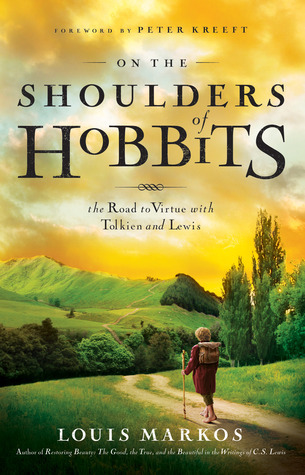What do you think?
Rate this book


240 pages, Paperback
First published July 1, 2012

We need the truth, but we also need to know how to live in and through and by that truth.Louis Markos begins with the idea that in the past stories weren't only told for children's entertainment and instruction, but for that of adults as well. We've lost not only that idea but a lot of the time-honored values that we used to teach and cherish in such stories. The author "mines" two of the most honored stories in modern times, the Lord of the Rings and, to a lesser extent, The Chronicles of Narnia, to show how they can help us return to classic virtues these days.
What we need, in short, are stories.
In the greater tales, the ones that matter—the ones that change both us and our world—the heroes do not so much choose the Road, as the Road chooses them. For our part, we must be ready, prepared in season and out, to answer the call, whenever and however it comes. And we must be prepared to press on, trusting to an end that we often do not, perhaps cannot, see. It is easy to claim that we would have done what Abraham did, but that is only because we stand outside the story. We see the good end, the fulfillment that Abraham could not see from within the story.Markos is not detached with his subject at arm's length. He loves these stories and the themes they embrace and his enthusiasm comes through to make a warm, lively reading experience.